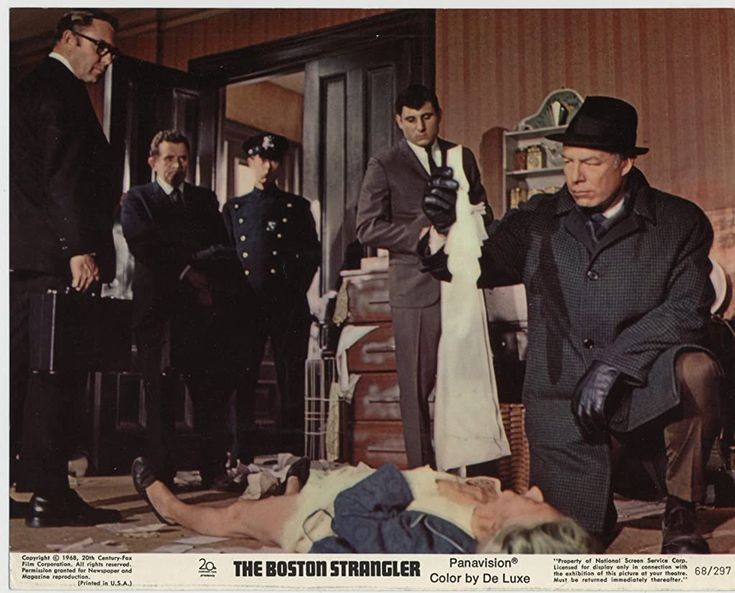
こんにちは。大晦日ですね。ゆく年くる年、という言葉が浮かんだのですが、上手く文章に出来ないのでこういう形で書いてみました。まず全然関係ない話を幾つか書きます。YouTubeで良い音楽を探していると、Nujabesというアーティストを見つけました。結構好きな感じで、調べてみると、僕が好きな「四季ノ歌」を作った人であることが分かりなんか嬉しかったです。Nujabesは日本人で本名は山田淳と言います。ローファイヒップホップのルーツといわれているらしく、チル・アウトのようなリラックス出来る音楽がとても良いです。
Hello. It's New Year's Eve. The word "year" came to my mind, but I can't write it well, so I wrote it in this way. First of all, I'll write some stories that have nothing to do with it. When I was looking for good music on YouTube, I found an artist named Nujabes. I like it quite a bit, and when I looked it up, I was happy to find out that he was the person who made my favorite "Shiki no Uta". Nujabes is Japanese and his real name is Jun Yamada. It seems to be said to be the roots of low-fi hip-hop, and relaxing music like chill-out is very good.
話が変わって最近テオ・アンゲロプロスの映画がどうしても観たくてインターネットで色々調べていると、そのテオ・アンゲロプロスが兄弟とまで慕っていた大島渚に行き当たりました。以前ATG(日本アート・シアター・ギルド)について調べていた時に名前は聞いていた映画監督でした。大晦日の朝から起き抜けの頭で何を観ているんだ、と自問したくなりましたが、その大島渚の「忘れられた皇軍」(1963)を観ました。ドキュメンタリーですが、僕は内容よりもその1963年の日本の映像がとても興味深かったです。例えば路端に坐り込んで酔っぱらっている人や、演説を熱心に聴き入っている人、1963年といえば高度経済成長期の真っ只中で、皆の中で戦争の記憶は過去の手痛い失敗として忘れたいものだったのでしょう。このドキュメンタリーは韓国から来て日本の為に戦った韓国人の傷痍軍人が日本政府に補償を求める話なのですが、日本に訴えても韓国に言え、と言われ韓国に訴えても日本に言え、とたらい回しにされてしまいます。多くの方の感想に書かれていましたが、両目を失明した除洛源の眼窩から流れる涙、ナレーターの怒りに満ちたナレーション、こういう演出は僕は初めて観たのですが、勝手にナレーションは抑揚が無いものが当たり前だと思いこんでいた事に気付きました。そしてこういう社会の暗部を見ようとしない人々、それは勿論僕も含めてですが、こういう問題はどうやって解決したら良いのでしょう。難しい問題です。そしてその流れで大島渚の「少年」(1969)も少し観ました。高知県に居た実在の当たり屋の一家をモデルにしているらしく、冒頭から少年が一人ぼっちでまるで誰かと遊んでいるかのような映像が異常です。話が進むにつれて、この少年の両親が二人ともおかしいことが分かるのですが。この映画でも1960年代後半の高知市の映像が出てきます。昔の映像を観ると何というか今の高知市の風景を知っていることも関係しますが、まるで幻のようです。
The story changed recently because I wanted to watch theo Angelopoulos movie, so I was investigating various things on the Internet, and I came across Nagisa Oshima, who Theo Angelopoulos loved even his brother. I was a film director who used to hear his name when I was investigating ATG (Japan Art Theater Guild). I wanted to ask myself what I was watching with my head from the morning of New Year's Eve, but I watched Nagisa Oshima's "Forgotten Imperial Army" (1963). It's a documentary, but I was more interested in Japanese footage from 1963 than the content. For example, people sitting on the side of the road and getting drunk, or listening to their speeches enthusiastically, in 1963, in the midst of a high economic growth period, everyone wanted to forget the memory of war as a painful failure in the past. This documentary is a story about a Korean disabled soldier who came from Korea and fought for Japan asking the Japanese government for compensation, but even if you are told to appeal to Japan or Korea, even if you appeal to Korea, you can say it to Japan and it will be a battle. It was written in many people's impressions, but it's the first time I've seen tears flowing from the orbit of Jorakugen who blinded both eyes, the narration full of narrator's anger, and this kind of staging, but it's natural that narration has no inflection without permission. I realized that I was thinking about it. And people who don't want to see the dark side of this society, of course, including me, but how can we solve these problems? It's a difficult problem. And with that flow, I also watched Nagisa Oshima's "Boys" (1969) a little. It seems that he is modeling the family of a real hit shop in Kochi Prefecture, and from the beginning, the video as if the boy was alone and playing with someone is abnormal. As the story progresses, I can see that both of these boys' parents are strange. In this movie, images of Kochi City in the late 1960s will also appear. When you watch old images, it's related to knowing the scenery of Kochi City now, but it's like a phantom.
「絞殺魔」(1968)は僕が好きな「映画を書くと頭が疲れる」というブログに凄く良い感想があります。というか最近僕が観ている映像は1960年代のしかも何故か犯罪ものが多いことに気づきました。僕の感想はスプリットスクリーンの映像の鮮烈さと、ストーリーが単純なサスペンスになっていないことが面白かったです。映画の中盤くらいに明らかに犯人っぽい男が出てきます。その男は結果的に犯人ではなかった訳ですが、状況証拠からも全てその男が犯人であるかのような構成にしておいてその男は何故か犯人ではありません。これは恐らく真実が誰にも分からないことを描きたかったのだと思います。凡庸な映画なら確実にその男を犯人して映画が終わりますが、この映画ではその先の展開が描かれます。犯人のアルバート・デザルボ(トニー・カーティス)の解離性人格障害における心理描写、夢と幻の間で戸惑う彼に語りかけるボトムリー刑事(ヘンリー・フォンダ)が夢の中に入り込んでいく演出は今敏の「千年女優」(2001)を想起しました。そして最後に無になってしまったアルバートの一人芝居が素晴らしかったです。
"The Boston Strangler " (1968) has a very good impression on the blog that I like "I get tired of writing a movie.". I mean, I noticed that the video I've been watching recently is in the 1960s, and for some reason there are a lot of crimes. My impression was that the vividness of the split screen video and the story was not a simple suspense. A man who clearly looks like a criminal appears in the middle of the movie. The man was not the culprit as a result, but from the circumstantial evidence, it was all structured as if the man was the culprit, and for some reason the man was not the culprit. I think this probably wanted to draw something that no one knows the truth. If it's a mediocre movie, the movie will definitely end with the man criminal, but in this movie, the future development will be drawn. The psychological depiction of the criminal Albert Desalvo (Tony Curtis) in dissociative personality disorder, Detective Bottomley (Henry Fonda), who talks to him who is confused between dreams and phantoms, enters the dream, is now敏's "millennium actress" ( 2001) I recalled. And Albert's solo play, which was lost at the end, was wonderful.